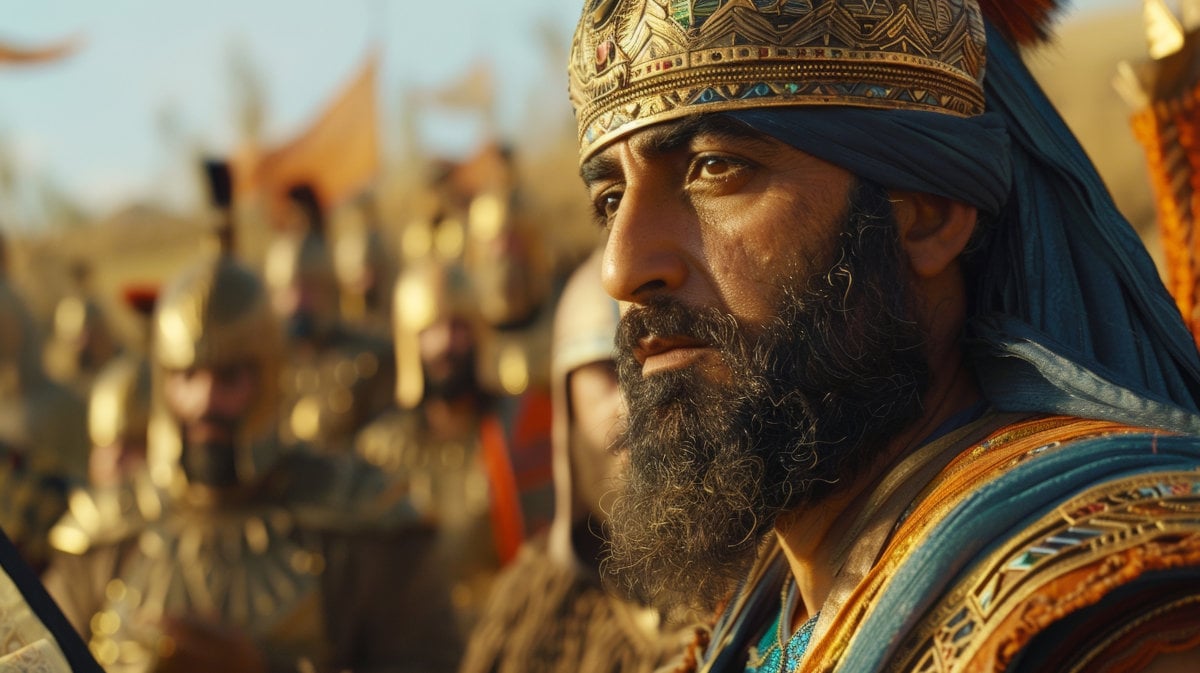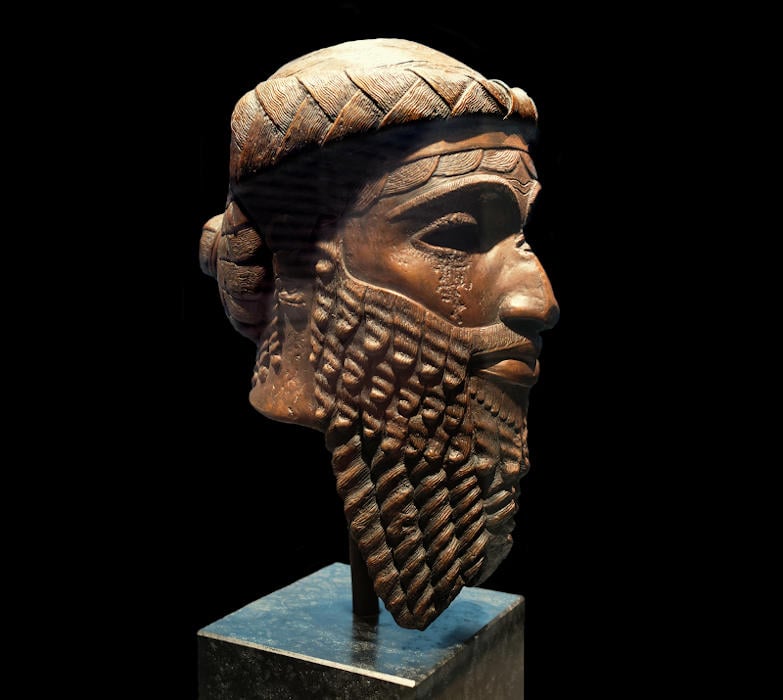
Mythology's Role in Ancient Politics and War
In ancient times, people often viewed the world through the lens of their beliefs and traditions. Mythologies of ancient cultures were much more than collections of old stories and legends - they were the core of a nation’s identity, and the foundation of their political power and social structure. Across time and through many civilizations, myths and old tales were closely entwined with political ideologies, doctrines, military efforts, and society’s belief in authority. In many ways, the myths became instrumental for legitimizing great conquests, wars, and regime changes. They promoted unity in a society and strengthened the position of a ruling class. So, in many ways, our history is founded upon myths. But what role exactly did it play?
War Justified Through Myth
From the beginning of the earliest of world civilizations, myths abounded in them. And it was to them that ancient leaders frequently turned to when needing to justify conquest and war. In this sense, they often legitimized war as a “divine” right. This means that they placed the gods and heroes of their pantheon into an active role within these wars, and thus created an imperative for their people to fight in them as well. For example, in Mesopotamia, religion and mythology were closely connected to wars and expansions, as well as political legitimacy. The rulers of Akkadia and Sumeria often invoked the will of their pantheons, in a way to justify their expansionist campaigns. Most notable was the famed King Sargon of Akkad (~2334 to 2279 BC), who attributed his successes in war to the favor of the goddess of war and love, Ishtar (Inanna). Being endorsed by a deity was not just symbolic, as it implied that the gods too “willed” the expansion of Akkad. This justified the wars of Sargon and gave them the backing of a higher power.

Bronze head of an Akkadian ruler, likely of Sargon the Great, from Nineveh. (Eric de Redelijkheid / CC BY-SA 2.0)
Another example from this era of history is King Hammurabi (r. 1792 to 1750 BC), the sixth Amorite King of Old Babylon. He presented himself as a ruler who was chosen by the God Marduk, to enforce divine justice. This connection with Babylonian mythology and religion gave him an “excuse” to wage war without being provoked or having an actual reason for it. This ruler also left to posterity the Code of Hammurabi, in whose prologue he relates this “divine mandate” as a justification for his laws, and all his military campaigns as well. So, we see that Hammurabi connected his authority with myth, in this case with the will of the God Marduk, which was essentially a nonexistent thing. In this way, all his military actions - and through them many deaths - were seen as nothing more than divine judgment, and he himself an instrument in the hands of the God Marduk.
To Wage War for the Gods
Similar connections were made in Ancient Egypt as well. There, the pharaoh was not just a political leader of the realm. Instead, he was a living deity, a descendant of the god Ra, the Sun god, and Horus, the God of War and Kingship. In this way, mythology and religion were closely entwined with the leadership in Egypt. The pharaoh was a protector against the forces of chaos, which strove to oppose the order which the deities maintained. Pharaohs such as Ramses II (c. 1279 to 1213 BC) deployed this divine mandate to lead military campaigns, most famously in the Battle of Kadesh against the Hittites.
Ramses is considered one of the most powerful pharaohs in the entire history of Ancient Egypt. Paintings, carvings, and inscriptions from his time portray him as a powerful warrior king, who was directly guided by the god Amun-Ra and was granted victory by him. From this it is clear that mythology had a major role to play in Egypt, allowing its rulers to justify their expansion into nearby territories, waging war on their enemies, and all the while portraying them as the servants of the forces of chaos.
"I charged all countries, while I was alone, my infantry and my chariotry having forsaken me. Not one among them stood to turn about. I swear, as Re loves me, as my father, Atum, favors me, that, as for every matter which his majesty has stated, I did it in truth, in the presence of my infantry and my chariotry."
[Ramses' Own Statement, in which he emphasizes his relationship with the deities]
The Divine Justification of War
The role of mythology in justifying warfare was not confined to the Near East exclusively. Even the Ancient Greek world turned to divine mandates for moral and military authority. The Greek epics, particularly Homer’s “Iliad”, emphasize how gods like Athena, Ares, and Zeus actively partook in human wars, favoring or opposing specific factions. For Greek city-states, which revered these gods, warfare was often depicted as part of divine will, with religious rituals preceding battles.




